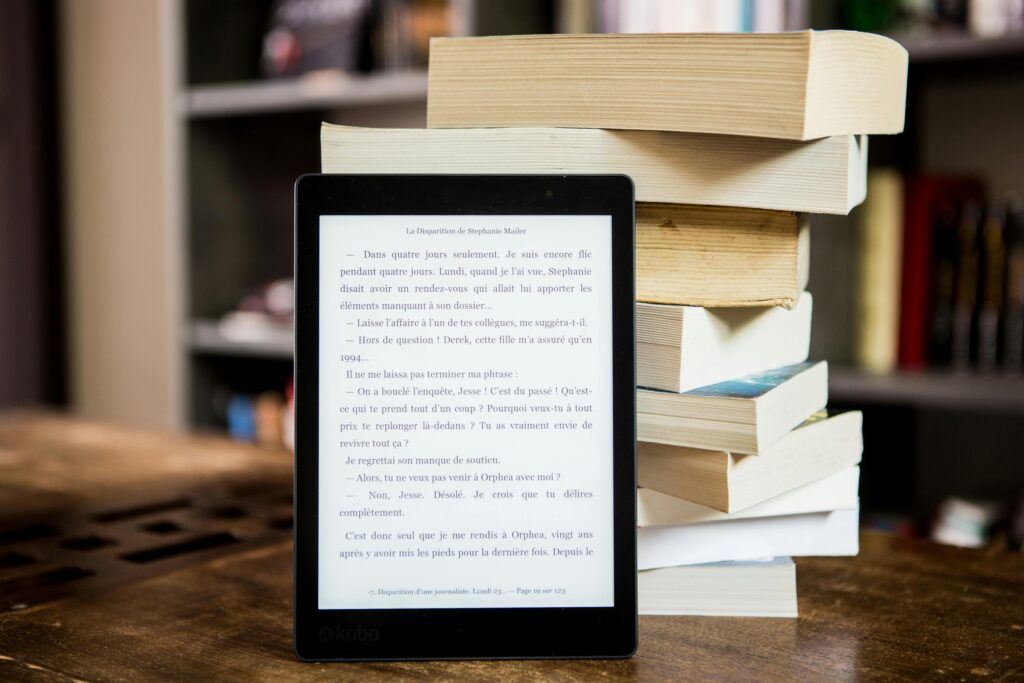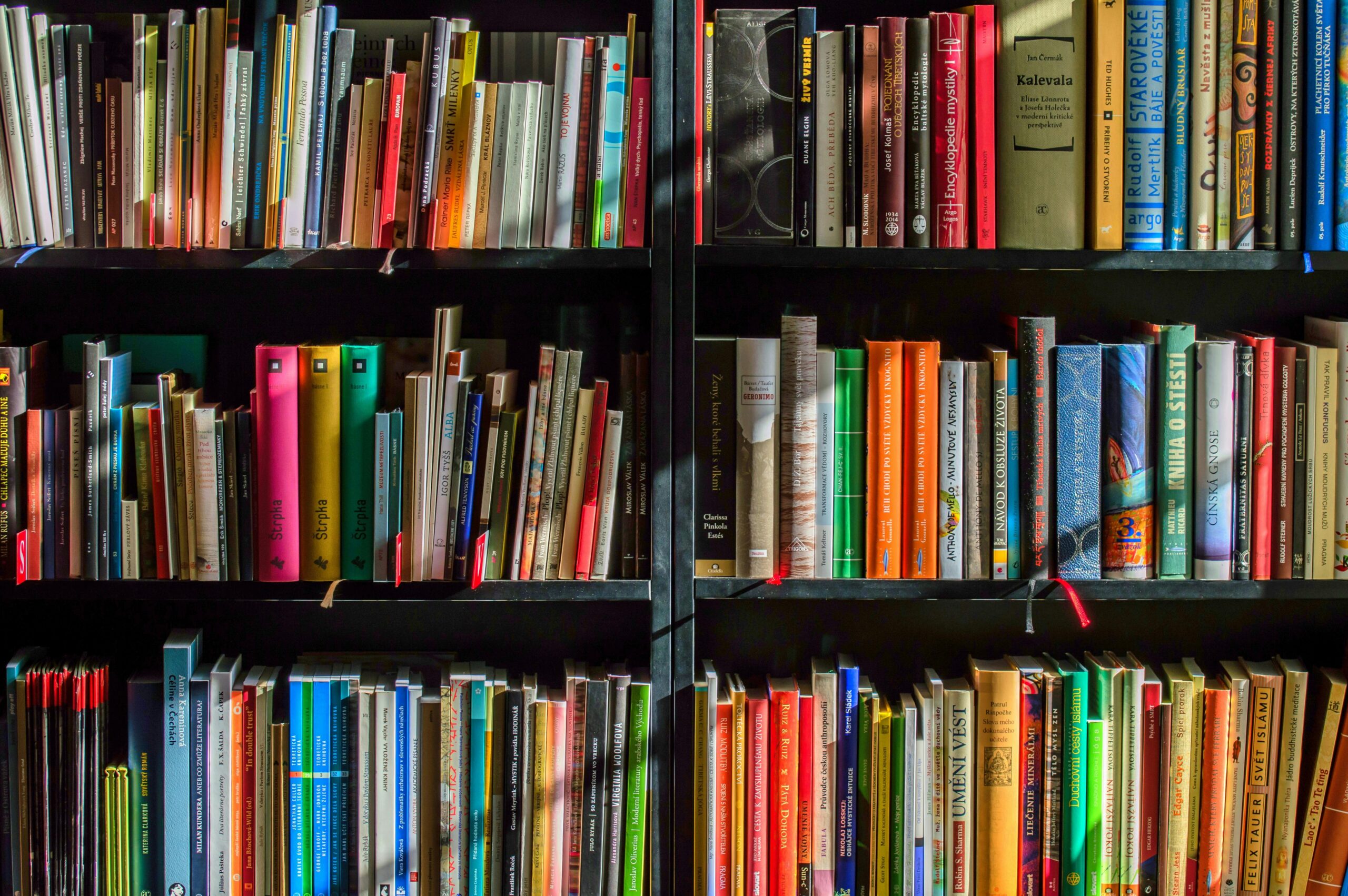In 2024, translated fiction continues to captivate readers, breaking language barriers to deliver stories rich with cultural depth and universal themes. From gripping psychological thrillers to epic historical narratives, these remarkable works offer a window into the soul of global literature. Here are 10 translated books you simply cannot miss this year.

1. “Kairos” by Jenny Erpenbeck, translated by Michael Hofmann
Award Spotlight: Winner of the 2024 International Booker Prize.
Set during the fall of East Germany, Kairos is a poignant exploration of love, memory, and history. Erpenbeck crafts a compelling narrative about a passionate yet tumultuous affair, set against the socio-political turbulence of a divided nation. Hofmann’s translation preserves the novel’s emotional depth, making this a must-read for history buffs and romantics alike.
2. “Ædnan” by Linnea Axelsson, translated by Saskia Vogel
Spanning a century, this epic novel in verse recounts the struggles and resilience of two Sámi families in Sweden. The title, meaning both “the land” and “my mother,” captures the profound connection between the Sámi people and their heritage. Axelsson’s minimalistic verses pack an emotional punch, reflecting themes of displacement and cultural preservation.
3. “Hungry for What” by María Bastarós, translated by Kevin Gerry Dunn
This collection of hauntingly dark short stories from Spain examines the human psyche, touching on familial discord and societal expectations. Bastarós combines raw honesty with sharp prose, offering readers an unsettling yet thought-provoking journey through the complexities of human relationships.
4. “Butter” by Asako Yuzuki, translated by Polly Barton
Butter is a deliciously dark thriller about Kajimana, a woman whose cooking seduces—and ultimately destroys—her victims. This Japanese novel weaves culinary arts with a critique of societal norms and gender inequalities, creating a dish both savory and shocking. Named the Waterstones Book of the Year, this is perfect for lovers of psychological drama with a gourmet twist.
5. “Clean” by Alia Trabucco Zerán, translated by Sophie Hughes
Set in modern Chile, Clean tackles class divides through the story of Estela García, a domestic worker accused of a child’s death. Against the backdrop of social unrest, Trabucco Zerán presents a gripping exploration of systemic injustice, offering a deeply moving critique of societal hierarchies.

6. “The Empusium” by Olga Tokarczuk, translated by Jennifer Croft
In her newest novel, Nobel laureate Olga Tokarczuk serves up a playful yet chilling tale set in a Polish health resort in 1913. Combining folklore, history, and the supernatural, The Empusium is a rich tapestry of themes ranging from mortality to the uncanny. A perfect read for fans of historical fiction with a twist of the surreal.
7. “Eurotrash” by Christian Kracht, translated by Daniel Bowles
In this sequel to his debut novel Faserland, Kracht embarks on a satirical road trip across Switzerland. Alongside his terminally ill mother, the narrator confronts family secrets steeped in historical complicity. Sharp wit and biting social commentary make Eurotrash a dazzling critique of wealth, privilege, and history.
8. “The City and Its Uncertain Walls” by Haruki Murakami, translated by Philip Gabriel
Murakami returns to his signature themes of love, memory, and surrealism in The City and Its Uncertain Walls. Set in a mysterious city, the novel explores the boundaries of reality and imagination. Murakami’s masterful storytelling promises a mesmerizing experience for fans old and new.
9. “Time of the Flies” by Claudia Piñeiro, translated by Miranda France
This unique Argentine novel follows a woman balancing a pest control business with detective work. Piñeiro deftly explores themes of identity and societal expectations through a protagonist whose dual life symbolizes the contradictions of human nature.
10. “The Trunk” by Kim Ryeo-Ryeong, translated by Sora Kim-Russell
In this Korean satire, interconnected stories shed light on ambition, family dynamics, and societal pressure. Kim Ryeo-Ryeong’s sharp, witty prose captures the complexities of contemporary life, making The Trunk both entertaining and profoundly thought-provoking.
Why Translated Fiction Matters
Translated books are more than just stories—they are bridges to understanding diverse cultures and perspectives. By immersing ourselves in these narratives, we gain empathy and insight into worlds far removed from our own.

FAQs About Translated Fiction
Q: Why should I read translated fiction?
Translated fiction opens a door to cultures, histories, and ideas you might not encounter otherwise. It’s an enriching way to broaden your worldview.
Q: How are translated books chosen for awards?
Awards like the International Booker Prize consider both the original text and the quality of its translation, ensuring that the story’s essence transcends language barriers.
Q: What makes a translation “good”?
A good translation balances fidelity to the original text with readability in the target language, preserving the story’s voice and cultural nuances.
Dive into these stellar works and let the power of global storytelling transform your reading journey! Which one will you pick up first? Let us know in the comments! 📚✨
Sources The Guardian


